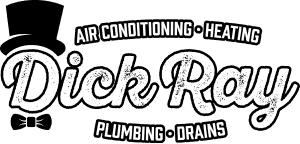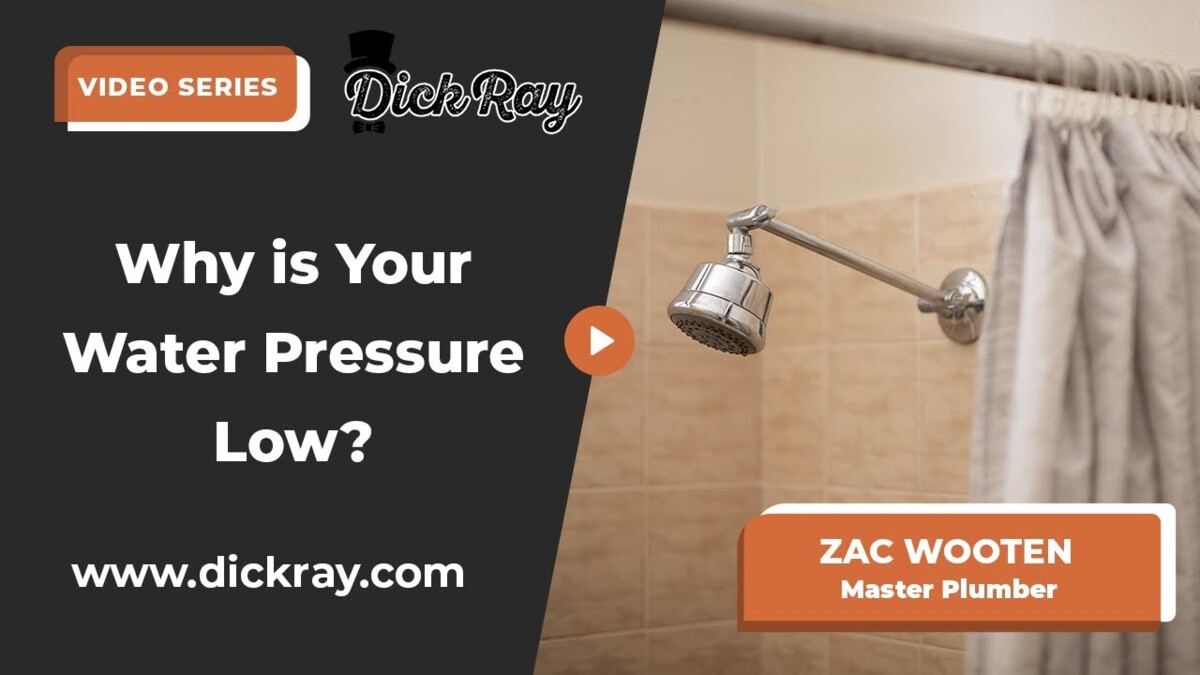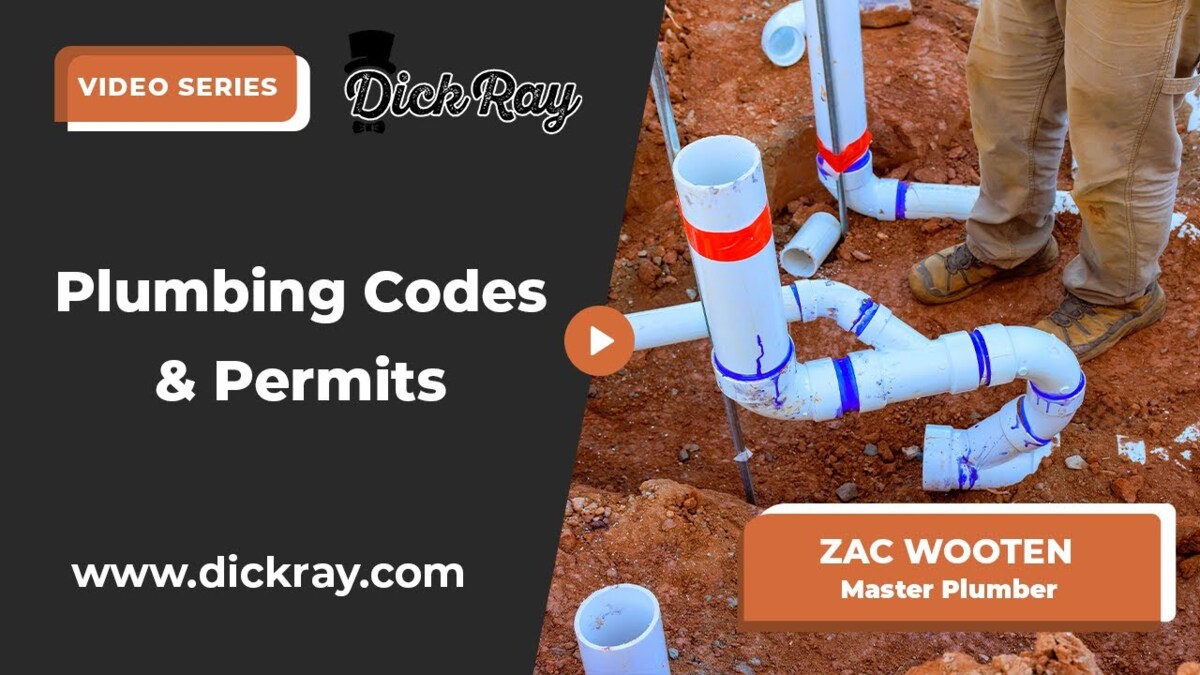Upgrading your home’s heating system is not just a practical improvement—it’s a strategic decision that can greatly enhance your comfort and reduce your energy bills. This guide provides a detailed overview of key factors to consider, ensuring you make the most informed choice that aligns with both your home’s infrastructure and your personal comfort needs.
Does Your Home Have Existing Ductwork?
The first step in choosing the right heating system for your home is determining whether your home already has ductwork. This is crucial because it directly influences your heating options. If your house is equipped with ductwork, you’re in a good position to install a forced-air system like a gas furnace or a heat pump. Both are excellent options for homes with ducts, providing efficient heat while also integrating well with air conditioning systems.
However, if your home does not have ductwork—such as older homes with radiator systems—you’ll need to explore alternative heating methods. Homes with boilers or radiators can benefit from newer, more efficient options like mini-split systems. These systems are particularly useful in homes that rely on inefficient older boilers, offering both heating and air conditioning while saving energy.
What Type of Power Supply Is Available?
Another key factor in determining the right heating system is the type of power supply available in your area. Are you in an all-electric home, or do you have access to natural gas or propane? If your home runs entirely on electricity, a heat pump is often the best option. These systems can efficiently heat your home but may require a backup source, such as strip heaters, to ensure warmth during extremely cold weather.
However, strip heaters can be costly to operate, making them less ideal as a primary heat source. If you have the option, installing a propane tank and pairing it with a backup gas furnace that runs on propane is a highly efficient solution. This combination allows you to rely primarily on the heat pump but switch to the propane furnace when temperatures drop significantly.
Consider the Size of Your Home
While the type of heating system is important, so too is the size of the system in relation to your home. In the past, it was common to install oversized heating systems, leading to inefficiencies and higher utility bills. Nowadays, modern systems can be more finely tuned to match the specific size of your home.
If you’re building a new home, you have the advantage of selecting a heating system that perfectly suits your needs, including high-efficiency options like dual-stage furnaces and air conditioners. These systems offer superior efficiency and comfort by operating at different levels depending on the temperature, ultimately saving you money in the long run.
The Efficiency of Modern Boilers and Mini-Splits
For homes that still use boiler systems, it’s important to note that newer boilers are significantly more efficient than older models. However, if you’re looking for a more versatile and energy-efficient solution, consider installing a mini-split system. While mini-splits may have a higher upfront cost, they offer both heating and cooling, making them an attractive option for year-round comfort.
Mini-splits are incredibly energy-efficient and widely used in many parts of the world, although they are just now gaining popularity in the United States. If you’re thinking about resale value, mini-splits are a smart investment, as they are likely to appeal to future homebuyers thanks to their efficiency and modern design.
Key Takeaways for Choosing the Right Heating System
When it comes to choosing the right heating system for your home, here’s what you need to consider:
- Ductwork: If your home has existing ductwork, systems like forced-air furnaces or heat pumps are excellent choices. For homes without ducts, mini-splits provide an efficient alternative.
- Power Supply: All-electric homes are typically best suited for heat pumps. However, homes that can support propane or natural gas should consider hybrid systems that combine a heat pump with a gas furnace for optimal efficiency.
- Home Size: Ensure your system is properly sized for your home. Modern systems offer more efficient options than older, oversized models.
- Efficiency: Modern systems, whether boilers, heat pumps, or mini-splits, are designed with energy efficiency in mind. Choosing a high-efficiency system will not only lower your utility bills but also boost the resale value of your home.
In Summary
When selecting the right heating system for your home, it’s crucial to consider factors like existing ductwork, the type of power available, and the size of your home. Modern options like mini-splits and high-efficiency heat pumps or boilers provide flexibility and cost savings, making them a smart choice for the long term.
If you’re unsure about which system is best for your home, contact us today for expert guidance. Our team can help you assess your options and choose the best heating solution for your needs.




